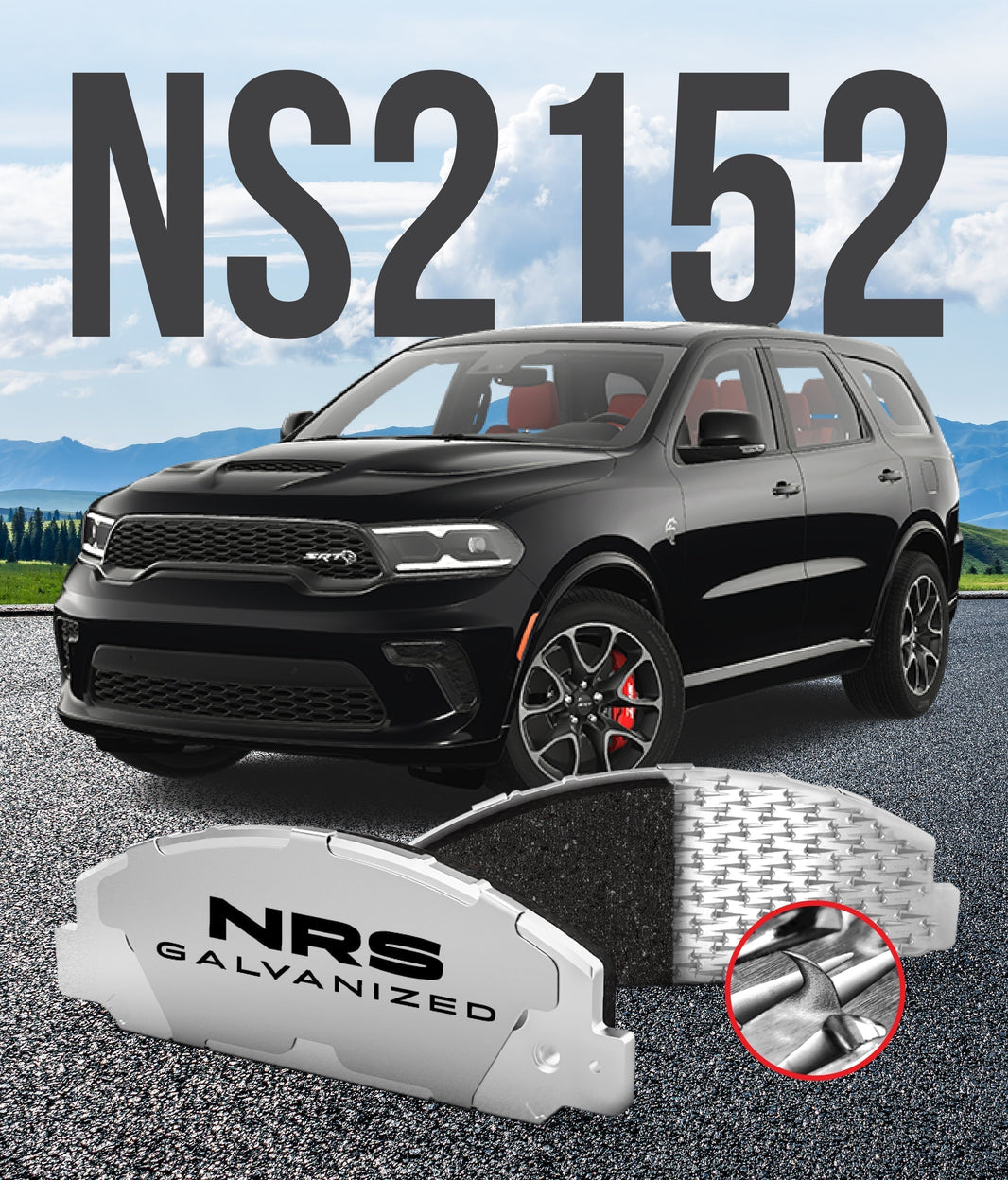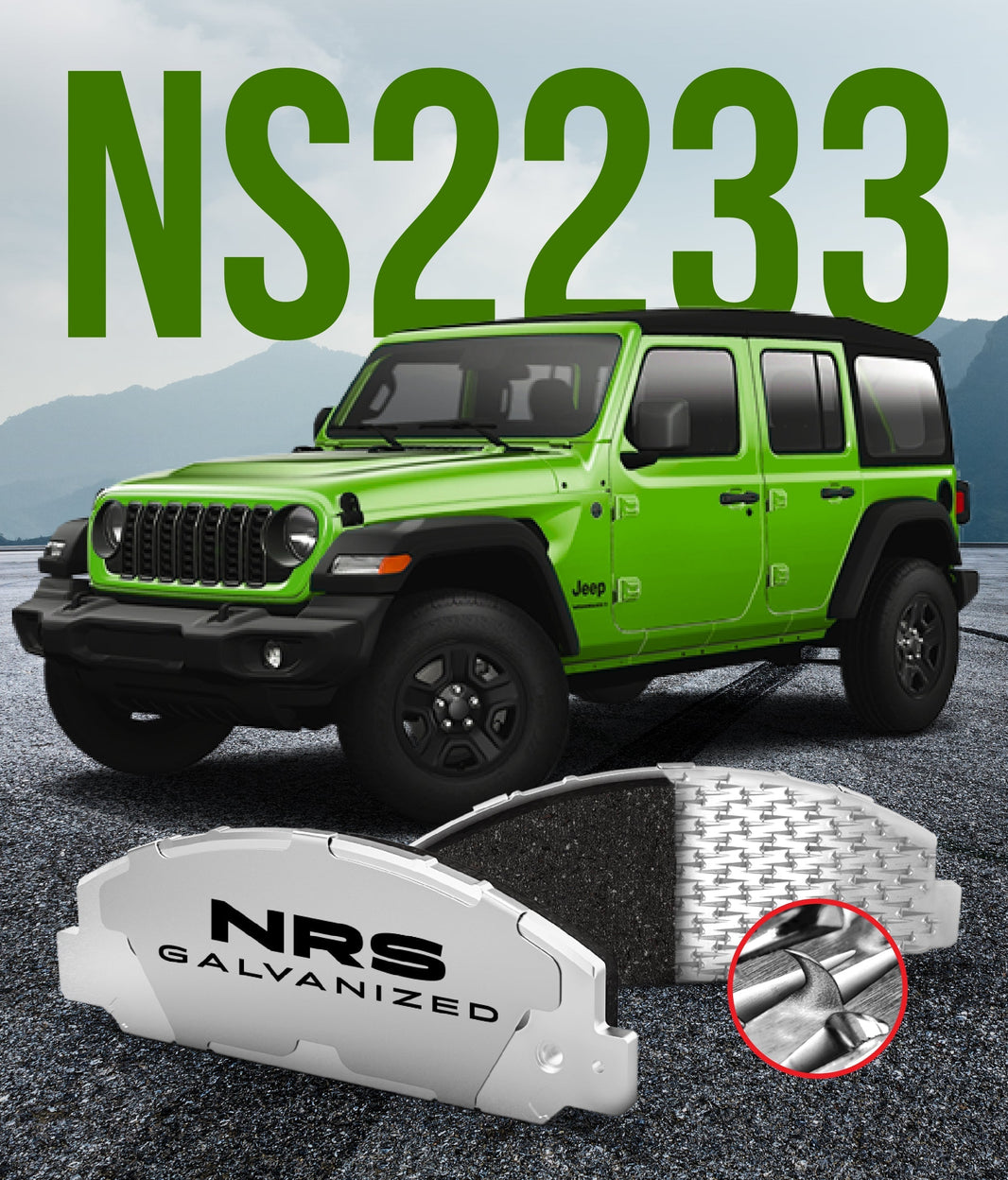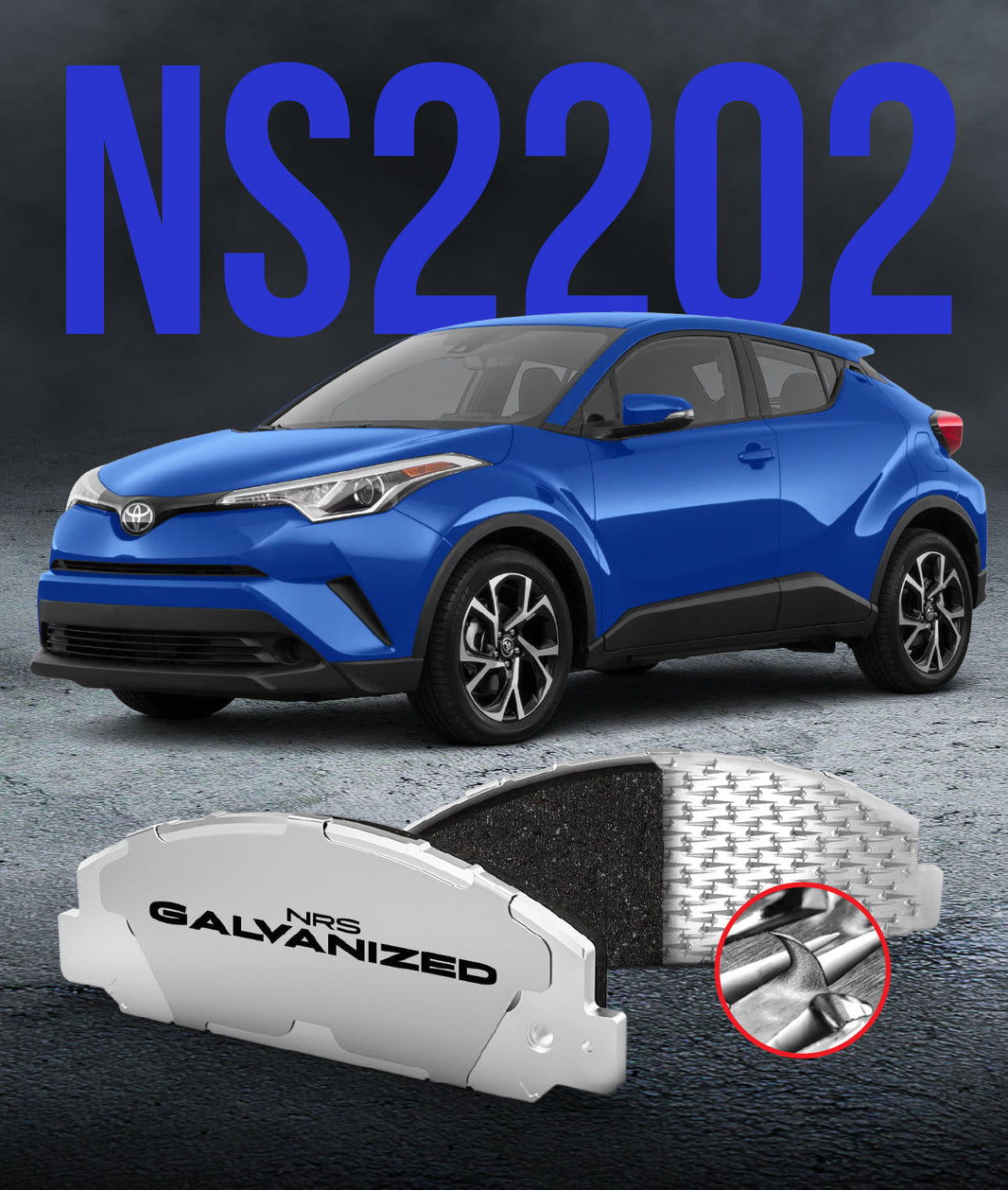
Electric vehicle owners get to experience a wide array of benefits. From at-home charging to self-driving technology, there is no shortage of special features. As it is the case with driving capabilities, there is also a lot to keep in mind when it comes to brakes and brake pads on electric vehicles.
If you’re wondering what kind of maintenance or tune-ups your electric vehicle’s brakes may need, you’ve come to the right place. It’s time to cover all things electric vehicle brakes.
Regenerative Braking
All contemporary electric cars are outfitted with regenerative braking. This system utilizes kinetic energy created when the car is in motion to also slow down the car. This not only allows for smoother driving, but also less wear and tear on your conventional friction brakes and brake pads. Not having to replace brake pads so often is a notable benefit for many EV owners.
Additionally, regenerative braking helps to provide power back to your EV’s batteries. The same process that helps slow the car down also reverses the power provided by the drivetrain and sends it back to the batteries.
Traditional Friction Braking for Electric Vehicles
Like all standard vehicles, electric cars and trucks are also outfitted with traditional friction brakes. Friction braking uses a brake pad to push against the car’s brake disc or drum, which in turn slows down the car.
In non-electric vehicles, the friction brakes are used so often that there is little chance for rust or corrosion to build up. However, as EVs use regenerative braking the majority of the time, their friction brakes and pads can build up rust and corrosion.
For this reason, it is best for EV owners to utilize their friction brakes on a regular basis. Some car enthusiasts encourage EV owners to take their car out every so often and perform hard, fast stops to prevent any buildup of rust. An alternative to this is to simply brake a little harder in your day to day, which would engage the friction brakes enough to keep them rust free.
Do electric vehicles use special brakes?
Not only do electric vehicles use an entirely different braking system than traditional combustion engine vehicles, but they also require special parts. The weight and performance capabilities of electric vehicles require more durable brake pads and rotors.
The majority of electric vehicle owners choose to outfit their car with NRS Galvanized Brake Pads. NRS Brakes has offered the longest lasting and most durable brake pads on the market for multiple consecutive years.
Galvanized brake pads utilize top-quality materials such as galvanized steel to ensure the lifespan of the pads. NRS Brakes pads are also outfitted with a specially patented attachment technology to help ensure their pads never delaminate or detach because of wear and tear.
If you are looking for the best electric car brake pads, you can’t go wrong with NRS Galvanized Brake Pads. They are the highest-rated EV brake pads currently available on the market. Grab yourself a set of NRS Galvanized Brake Pads today!




